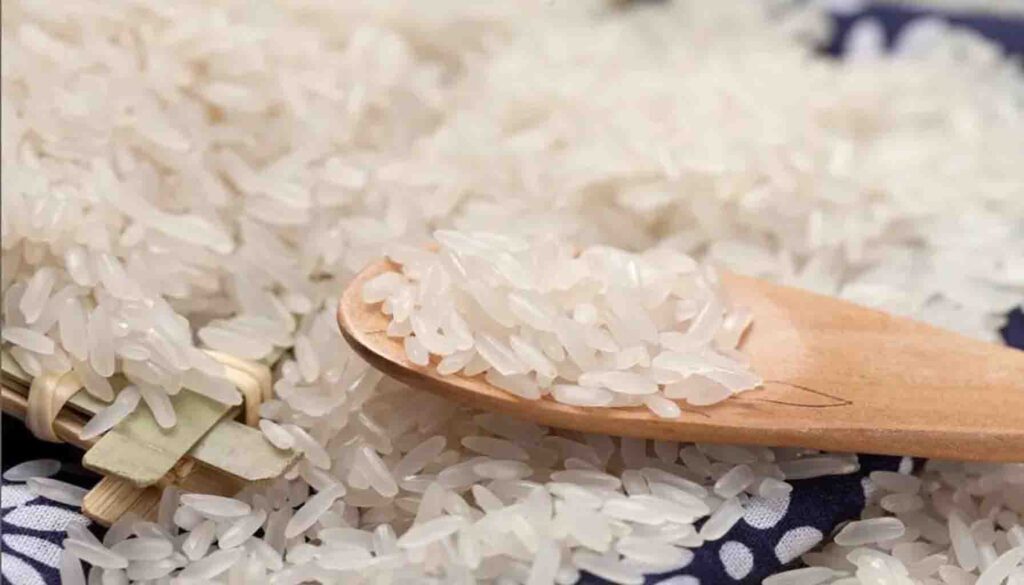Decoding Rice Protein
Unlock the nutritional secrets of rice protein – a high-quality, allergen-friendly option with anti-hypertensive and cholesterol-lowering properties. Discover more!
Rice protein primarily comprises four types of proteins: albumin, globulin, alcohol-soluble protein, and glutelin. In rice bran, the predominant protein is embryo globulin, composed of albumin (4% to 9%), salt-soluble globulin (10% to 11%), alcohol-soluble glutelin (3%), and alkaline-soluble glutelin (66% to 78%).
Among cereal proteins, rice protein boasts higher biological value (B.V.) and protein value (P.V.) than other protein sources. Its amino acid composition is well-balanced, with elevated levels, rendering it unparalleled among plant-based proteins. Rice protein is acknowledged as a high-quality food protein, aligning with the ideal model recommended by WHO/FAO. With a high biological value, rice protein offers superior nutritional value, comparable to eggs, milk, and beef. Additionally, it is a low-antigenic protein, minimizing the risk of allergic reactions, making it highly advantageous for infant food production. Rice protein not only exhibits unique nutritional functions but also contributes to various health benefits. Recent studies indicate its potential to reduce serum cholesterol levels.
The quality of rice protein is widely recognized as exceptional among grain proteins. It contains abundant essential amino acids, with lysine, the first limiting amino acid, exceeding the content in other cereal proteins. The amino acid composition closely aligns with the recommended pattern by WTO/FAO, facilitating efficient digestion and absorption by the human body. In comparison to other cereal proteins, rice protein demonstrates higher biological value (BV) and protein efficiency ratio (PER), reaching up to 77 and 1.36% to 2.56%, respectively, placing it at the forefront among various grains. Rice protein surpasses wheat and corn proteins in quality, boasting superior lysine content and lower allergenicity, making it ideal for the development of infant food. Its amino acid composition outperforms whey and soy isolate proteins, meeting the amino acid requirements for children aged 2 to 5. Furthermore, rice protein can be processed into soy sauce, high-protein powder, protein beverages, protein hydrolysates, and protein foaming powder. When degraded into peptides or amino acids, it can be used to create highly nutritious amino acid solutions for health drinks, condiments, and food additives.
Anti-hypertensive and Cholesterol-lowering Properties
Rice protein isolate has been found to impact the expression of cyp4a and cyp2c in the kidneys of mice, improving arachidonic acid metabolism and serving as an anti-hypertensive component. Research indicates that rice protein isolate increases the messenger ribonucleic acid (mRNA) levels responsible for the synthesis of two crucial proteins, cyp2c11 and cyp2c23, in the kidneys. These proteins play a significant role in the metabolism of arachidonic acid and hydroxyeicosatetraenoic acid, crucial in blood pressure regulation. Clinical studies reveal that rice protein isolate can effectively reduce cholesterol levels. Rice contains various chemical compounds related to its protein composition, including phytosterol derivatives, phytosterols, and gamma-oryzanol, contributing to its cholesterol-lowering effects.
Preventing Chronic Diseases
A well-balanced nutritional diet can prevent certain diseases, such as heart disease and cancer. Asians, who predominantly consume rice, exhibit lower rates of heart disease compared to Europeans. Studies show that rice protein isolate has a certain inhibitory effect on atherosclerosis in a genetic high-cholesterol mouse model, reducing the damaging effects of atherosclerosis on arteries. The exact mechanism of action remains unclear; however, experiments suggest that rice consumption can lower the incidence of heart disease.
Elevate Your Nutrition with ETprotein’s Premium Rice Protein
As you delve into the myriad benefits of rice protein, consider enhancing your nutritional journey with ETprotein’s exceptional offering. Renowned for its commitment to quality and purity, ETprotein’s rice protein stands out as a superior choice for those seeking a high-quality, allergen-friendly protein source. Meticulously processed to retain optimal bioavailability, this premium product from ETprotein ensures you harness the full spectrum of amino acids and health-boosting properties inherent in rice protein. Elevate your well-being with confidence – choose ETprotein for a nourishing and wholesome addition to your daily nutrition regimen.
Foreign studies on rice protein isolate (RPI) demonstrate that feeding female mice with DMBA (dimethylbenz[a]anthracene), a carcinogen, results in lower tumor weights compared to mice fed with casein, highlighting the anti-carcinogenic properties of rice protein isolate. Additionally, rice protein isolate has been shown to have daily preventive effects on chemically-induced breast cancer in rats. Functional properties of rice protein, occurring during food processing, cooking, storage, and sales, encompass physical and chemical characteristics under the influence of environmental factors. These protein functionalities include water-holding capacity, foaming ability, emulsifying capacity, adhesiveness, as well as the formation of gels, fibers, and films, reflecting the physical and chemical properties influenced by coexisting substances such as water, salt, sugar, fat, flavor compounds, among others.









